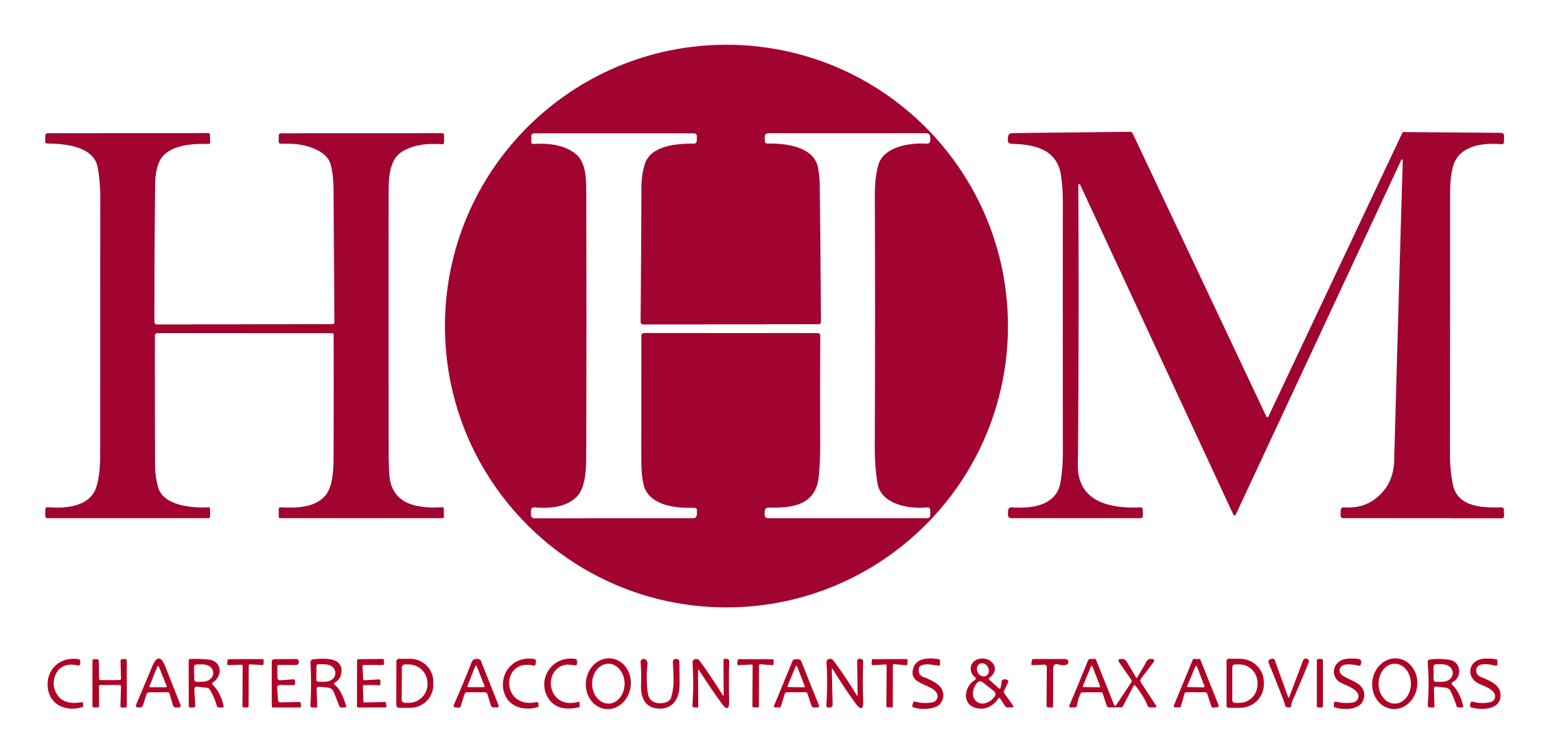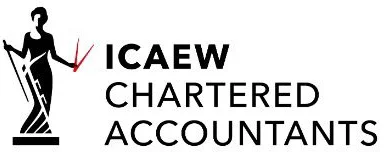Need Help?
FAQs
What assets in general are subject to Capital Gains Tax in the UK?
CGT applies to various assets, including real estate, stocks, businesses, and valuable possessions.
Is there an annual allowance for Capital Gains Tax?
Yes, individuals have an annual CGT allowance, up to which gains are tax-free. Gains exceeding this threshold are subject to tax.
Is it possible to escape paying Capital Gains Tax on an inherited property?
Inheriting a property in the UK doesn’t trigger a Capital Gains Tax (CGT) obligation as there’s no sale involved. However, if you later sell or dispose of the inherited property and make a profit, CGT may apply. The property is usually valued at its market value on the inheritance date, becoming the new cost basis for CGT calculations upon future sale. Selling in the same tax year may allow you to leverage your yearly exemption to minimise or eliminate CGT. Nevertheless, selling in a subsequent tax year means CGT liability depends on the profit and taxable income for that year. Due to the intricacies of CGT and inheritance rules, seeking guidance from our tax specialists is advisable to understand obligations and minimise CGT liability.
What consequences do partnerships face when they inaccurately report or neglect to fulfil their tax obligations?
Penalties for partnerships that fail to declare or pay tax correctly can vary depending on the jurisdiction and the specific circumstances of non-compliance. However, common penalties may include:
Late Filing Penalties: Partnerships that do not file their tax returns by the specified deadline may face late filing penalties. These penalties often accrue daily or monthly until the return is filed.
Late Payment Penalties: If the partnership fails to pay the tax owed by the due date, late payment penalties may apply. These penalties are typically assessed as a percentage of the unpaid tax and may increase over time.
Interest Charges: In addition to penalties, interest charges may be applied to the unpaid tax amount. Interest continues to accrue until the tax liability is paid in full.
Inaccurate or Fraudulent Reporting Penalties: Providing inaccurate information or engaging in fraudulent reporting can result in severe penalties. This may include fines or criminal charges in some cases.
Tax Audit and Investigation: Non-compliance may trigger a tax audit or investigation by the tax authority, leading to additional scrutiny and potential financial and legal consequences.
Loss of Tax Benefits: Partnerships that do not comply with tax regulations may lose out on certain tax benefits or deductions they would have otherwise been eligible for.
How to Calculate Capital Gains Tax?
Calculating Capital Gains Tax (CGT) in the UK involves intricate processes, and the rules and rates differ based on the type of asset being sold. Here’s a breakdown for various assets:
Residential Property:
Subtract property costs (including buying and selling expenses) from the sale price.
Deduct your annual CGT allowance (£12,300 for the 2022/23 tax year) from the gain.
The remaining amount is subject to CGT at 18% or 28%, depending on your income tax bracket.
Commercial Property:
Similar to residential property rules.
Calculate the gain by subtracting the property cost and deduct allowable expenses.
Apply annual CGT allowance, and the remaining amount faces CGT at 18% or 28%, depending on your income tax bracket.
Shares:
Calculate the gain by subtracting the share cost (including fees) from the sale price.
Deduct your annual CGT allowance.
No CGT if the gain is below the annual allowance; above it, pay CGT at 10% or 20%, based on your income tax bracket.
It’s crucial to consider factors affecting CGT liability, like previous gains in the tax year and tax-efficient strategies. Seeking professional advice from our tax experts is recommended for accurate CGT calculations and to explore strategies for minimising tax liabilities.
Can I Postpone my Capital Gains Tax (CGT) Liability?
Yes, you have the option to defer your Capital Gains Tax (CGT) liability through a mechanism known as “rollover relief.” This provision applies to both individuals and businesses, allowing them to reinvest gains in specific qualified assets. The eligible assets for rollover relief include:
Another Business Asset:
Reinvest gains from selling a business asset in another asset within the same trade to defer CGT liability.
Shares in Enterprise Investment Scheme (EIS) Companies:
Reinvest gains in shares of qualifying EIS companies, which are small, high-risk companies eligible for certain tax breaks.
Shares in Seed Enterprise Investment Scheme (SEIS) Companies:
Similar to EIS, reinvest gains in shares of qualifying SEIS companies, smaller early-stage companies eligible for more generous tax breaks.
Venture Capital Trusts (VCTs):
Reinvest gains in VCTs, investment trusts that focus on small, unlisted companies, to defer CGT liability.
While rollover relief postpones CGT, it’s crucial to recognize that the tax will eventually be due when you dispose of the new asset. Meeting specific conditions is necessary for rollover relief eligibility, and seeking professional advice is advisable before making any decisions.
What capital gains tax services does HHM provide?
HHM offers comprehensive Capital Gains Tax (CGT) services to ensure clients navigate this complex area of taxation effectively. Our services include:
CGT Calculations:
Accurate calculation of CGT for various assets, considering applicable allowances and exemptions.
Rollover Relief Assistance:
Guidance on deferring CGT liability through reinvestment in eligible assets under rollover relief.
Inheritance Tax Planning:
Strategic planning to minimise CGT implications related to inherited assets.
CGT on Property Transactions:
Expertise in handling CGT related to property sales, including calculations and allowances.
Portfolio Review and Optimisation:
Reviewing investment portfolios to optimise CGT efficiency and minimise tax liabilities.
Business Asset Disposal Planning:
Strategic planning for disposing of business assets while optimising CGT implications.
Expert Advisory Services:
Personalised advice on CGT matters, ensuring compliance with regulations and exploring tax-efficient strategies.
Tax Documentation and Filing:
Preparation and submission of necessary documentation for CGT compliance.
Our team of experienced tax professionals at HHM is dedicated to providing tailored solutions, assisting clients in understanding, managing, and optimising their Capital Gains Tax obligations.
















